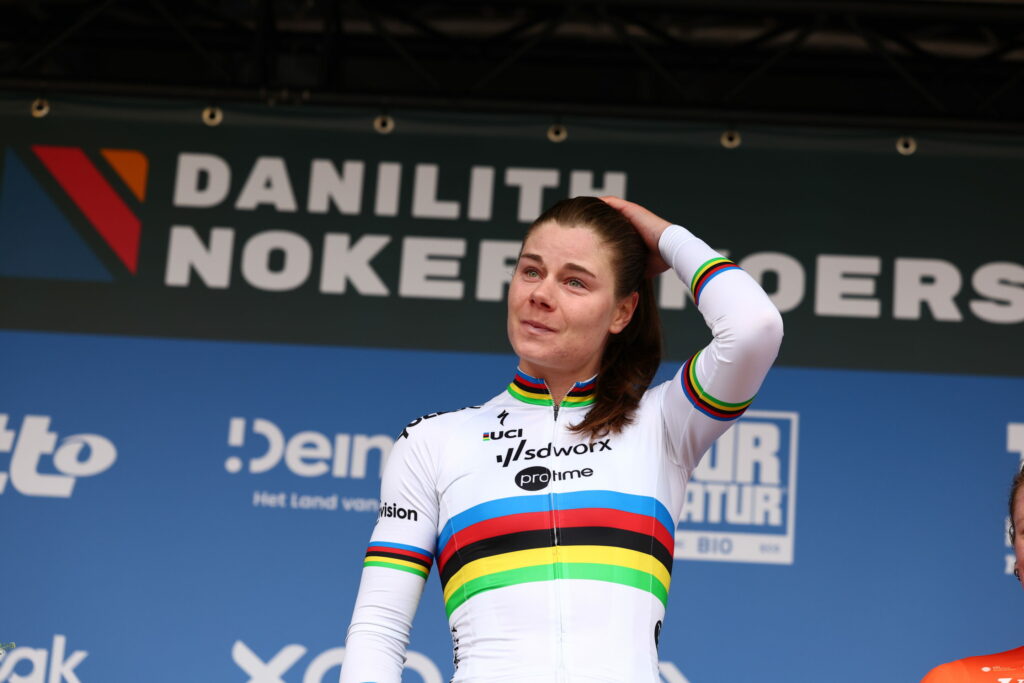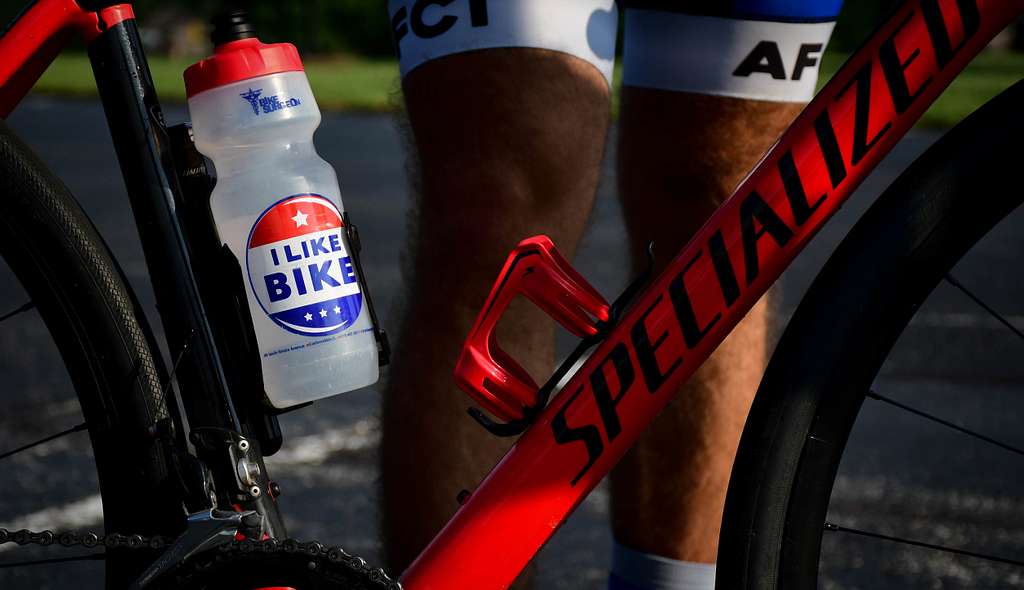Amidst the glittering victories celebrated by its sponsored teams, US cycling juggernaut 'Specialized' finds itself embroiled in a distressing controversy as Salvadoran workers, left in financial limbo, await resolution in a year-and-a-half-long wage theft case.
The Clean Clothes Campaign has voiced its disappointment as these workers, who once produced apparel for Specialized and US clothing firm Hanes, are owed a staggering $659,000 (about €604,000) in unpaid wages and severance, thrusting them into dire financial straits.
An investigation conducted by the Worker Rights Consortium uncovered the plight of 831 workers who lost their jobs following the closure of the APS factory in El Salvador back in August 2022. Despite Salvadoran labour laws mandating payment of wages and severance, these workers were denied their rightful compensation.
Among the implicated companies, Gildan and another lesser-known brand have stepped up, agreeing to pay two-thirds of the owed amount, totalling $1.34 million (€1.23 million). However, the responsibility remains unshouldered by Hanes and Specialized, leaving the affected workers in a precarious position.
Mounting pressure
Representatives from Salvadoran unions, including FEASIES, SGC, and SINDICOM, have implored the companies to fulfil their financial obligations.
In response to the mounting pressure, Hanes has offered a mere fraction of the owed sum, while Specialized has remained ominously silent, rebuffing all attempts from labour rights groups to engage in dialogue regarding the case. Notably, Specialized has even gone as far as blocking email domains of several Clean Clothes Campaign organisations attempting to reach out on behalf of the workers.
Despite boasting about promoting human rights in its supply chain on its sustainability webpage, Specialized's refusal to address the grievances of vulnerable workers contradicts its purported values. In light of the workers' desperate circumstances, the Clean Clothes Campaign and its allies are now launching a public awareness campaign to spotlight this issue.
Events are scheduled to take place this month at the Ronde van Vlaanderen/Tour des Flandres in Belgium and the League of American Bicyclists' National Bike Summit in Washington DC.

Belgian Lotte Kopecky of SD Worx. Credit: Belga/David Pintens
In an interview with The Brussels Times, Public Outreach Coordinator at the Clean Clothes Campaign Priscilla Dudhia, condemned Specialized's apathy. "By refusing to hear from the workers’ representatives, Specialized has shown a complete disregard for the people making its apparel. These workers, mainly women, are struggling to put food on the table for their families."
Dudhia further highlighted the importance of raising awareness and mobilising public support, particularly among Specialized's customer base, to advocate for justice.
Despite the tarnish on its reputation, Specialized continues to bask in the glow of its partnerships, many of which are linked to Belgium and the Netherlands where the protests on 30 March in Europe will be focused. Specialized sponsors the biggest Belgian cycling team, Soudal Quick-Step: the team’s official website shows the exact Specialized bikes and helmets the riders use.
Since becoming the bike sponsor of the team in 2012, Soudal Quick-Step has claimed more than 600 professional victories, according to the Global Cycling Network. It has been reported that Specialized will remain partnered with the team until 2028.
Related News
- Large ball of clothes in Brussels draws attention to 'destructive impact' of fast fashion
- Belgian activists unveil innovative campaign to fight fast fashion giants
- Greenwashing and low wages: Protest against H&M in front of Brussels store
Specialized also sponsors Dutch team SD Worx, the world’s number-one team in women’s cycling. The best female Belgian rider, Lotte Kopecky, who was recently crowned world road racing champion and is regarded as one of the best female cyclists in the world, rides for the team.
A lot of these Belgian riders are promoted on Specialized’s social media channels, which have significant followings. Likewise, the riders use their platforms to promote Specialized.
As the public outcry grows louder, pressure mounts on Specialized to rectify its stance and prioritise the well-being of its workers over corporate interests. In a world increasingly attuned to social responsibility, the cycling giant finds itself at a critical juncture, where actions speak louder than accolades.

